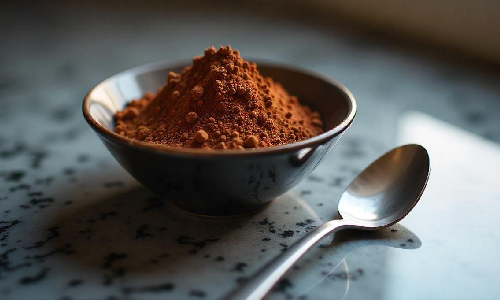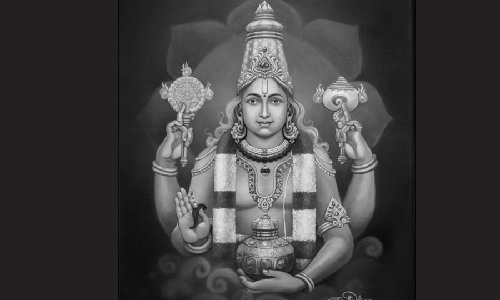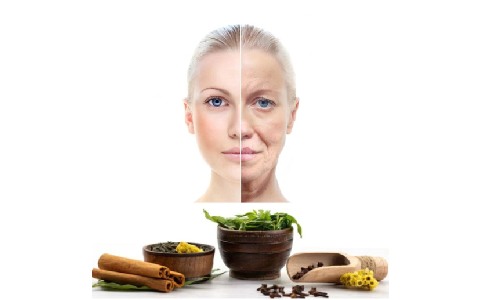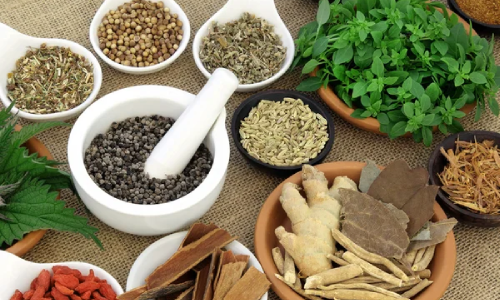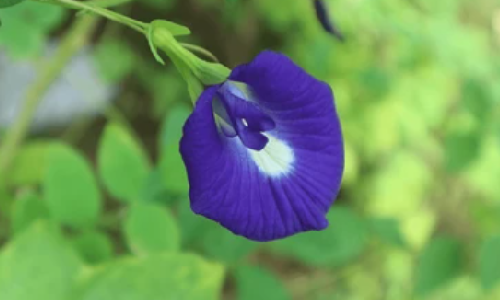Multitasking is no big deal! At least that’s what we think. We live in a time where people often try to do many things at once, hanging out with friends but keep checking emails, and exercising while listening to podcasts. We feel proud of managing so much at once. But have you ever wondered if our minds are truly made for this? Ayurveda says our minds actually can’t multitask. Instead, the mind just switches quickly between tasks rather than focusing on multiple things at once. What is Multitasking ? When we say that we’re going to multitask, what do you usually think of ? Ayurveda says that the mind is not capable of multitasking! Instead, it switches briskly between one task and another making us feel that we are multitasking. The price of this constant switching, however, exhausts us both mentally and physically. Ayurveda explains that the mind is in its best form when it concentrates on one thing, which helps in maintaining balance and harmony within us. The Ayurvedic View on Multitasking According to Ayurveda, our mind has the quality known as “Ekatwam” or oneness. There is only one mind and it can only do one job at a time. You may feel that your mind is doing so many things at a time, but it is really not. For example, when you see food in front of you, you can see, smell and taste the food all at once. And you feel your mind is equally involved in all these actions. But, it is not. Ayurveda quotes an interesting maxim for this: उत्पल पदतल सूचि वेध न्यायः (Utpala Padatala Suchi Vedha Nyayah) When a needle is pierced quickly through a hundred lotus petals arranged one over the other, it may seem the needle pierces all hundred petals simultaneously. But, in reality, it makes the piercings one after the other. The mind is like the needle here. Impressions happen one after the other. To make it simple, your mind cannot multitask. Why Multitasking Feels Productive – But Isn’t. When we multitask, we often get sidetracked by small details. While multitasking seems like a time-saver, it actually reduces efficiency and takes longer to complete tasks. When juggling too many things, each task only gets a bit of our attention, which can lead to mistakes or half-hearted results. On the surface, it may appear that our productivity is increasing but efficiency is on the decline in reality. Ayurveda suggests that this scattered focus drains both our mind and body. The mind, like an engine, performs best with clear direction. Constantly shifting gears tires it out, increases mistakes, and weakens focus. The Impact of Multitasking on Mental Health Multitasking not only poses a problem for productivity, but it also taxes our mental health. Frequently jumping from one task to the next keeps your brain in heightened alert mode, which can result in stress, anxiety, and even burnout. When we overload our minds, the Vata Dosha increases and unrest develops which can be noticed in frustration or feeling overwhelmed. One of the biggest aims in Ayurveda is to cultivate a calm and quiet mind. Trying to manage too many tasks at once disrupts this goal. It is as if you are trying to calm a lake by throwing more stones into it — each task stirs up new ripples that keep the mind restless. How Focusing on One Task Benefits the Mind Imagine holding a single glass of water. It’s easy to carry and manage with both hands. Now, try juggling five glasses. Water spills, and you feel the strain. This is like focusing on many tasks at once; it’s far more effective to give all your attention to just one task. When you focus on one thing at a time, your mind has the space to fully absorb and process the information. This leads to better learning and improved results, supporting mental clarity and endurance. It is more like following your natural clock in Ayurveda which will help to maintain the Doshas, especially Vata. Ayurvedic Tips to Avoid Multitasking So how can we reduce multitasking and embrace a more focused, balanced way of living? Here are a few tips from Ayurveda to help keep your mind calm and centred: Set priorities Establish priorities at the start of each day. Concentrate on one or two things only. Do not burden yourself in the guise of responsibility — be responsible, but juggle responsibilities responsibly. Take breaks Your brain deserves a break between tasks. This will help to perk up your attention and prevent burnout. You could try deep breathing exercises or take a short walk to freshen your mind. Avoid overstimulation When you work, turn off all unnecessary notifications and distractions. An overstimulated mind is characterised by an excess of sensory input, so try to limit how much you put in your head every day. Practice mindfulness One of the best ways to stop multitasking is by being fully present in whatever you are trying to do. If you are eating, working, or with your family; try to be completely focused in that moment. Cultivate routine Routine is often emphasised in Ayurveda as it brings a sense of stability to the mind. Develop a timetable for your daily routine and follow it religiously. It helps in balancing the Vata energy and keeps your mind under control. When (Or If) Should You Multitask? Even though Ayurveda does not support the idea of multitasking, there are times when you just cannot avoid it. Do not let this disrupt your mental status when it happens. Return to single-tasking as soon as possible and do some grounding techniques (e.g. deep breathing)… Continue reading Multitasking: Can Your Mind Really Do It?
Multitasking: Can Your Mind Really Do It?

